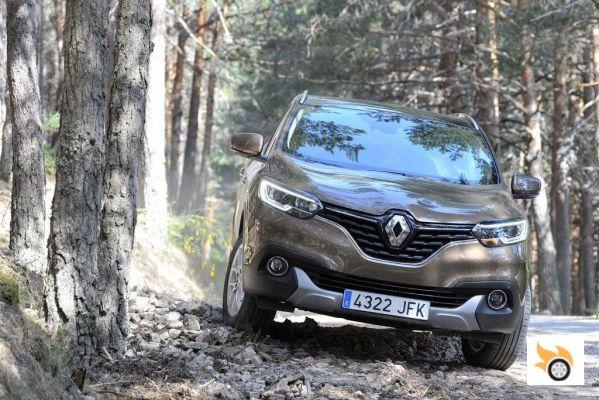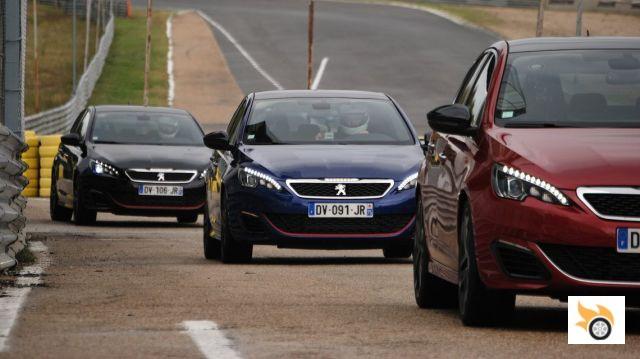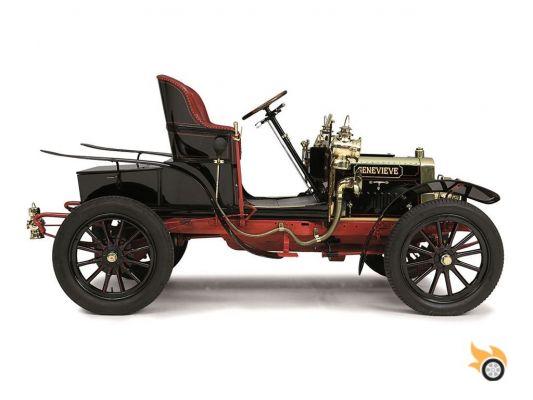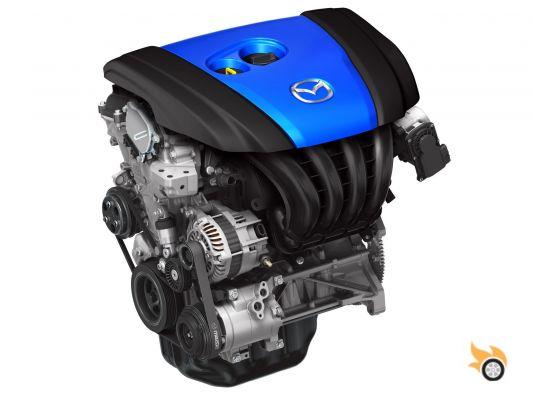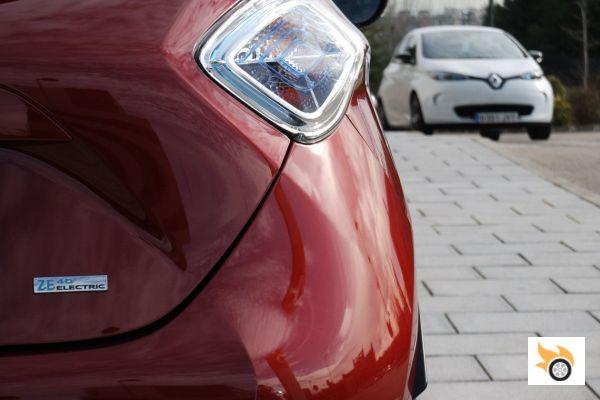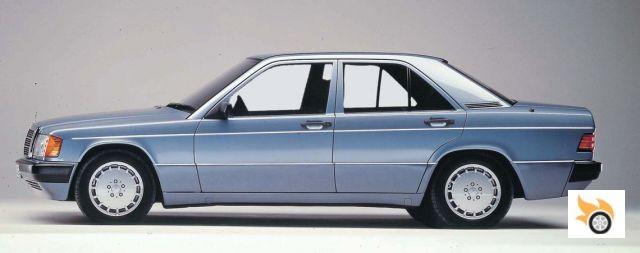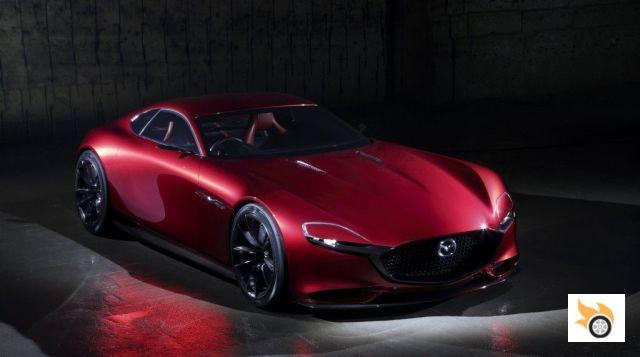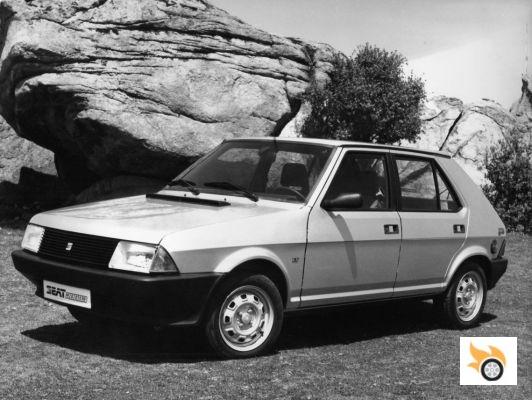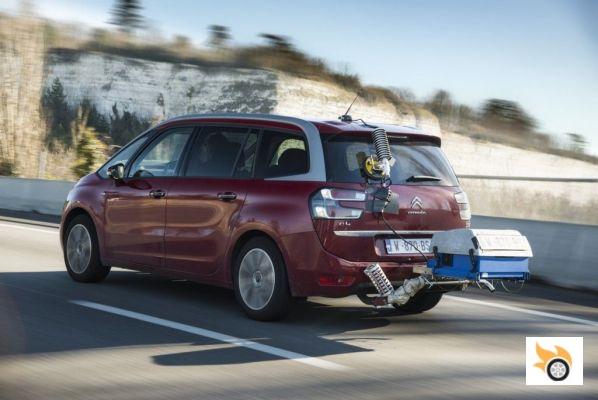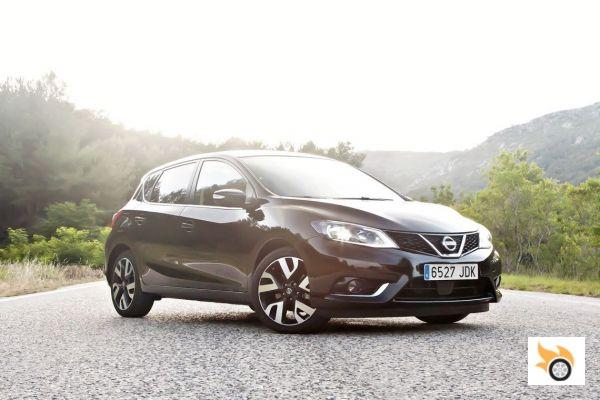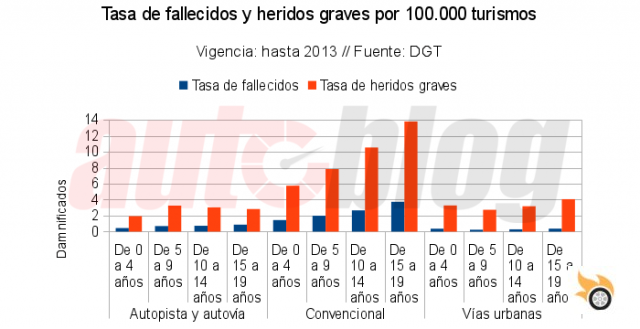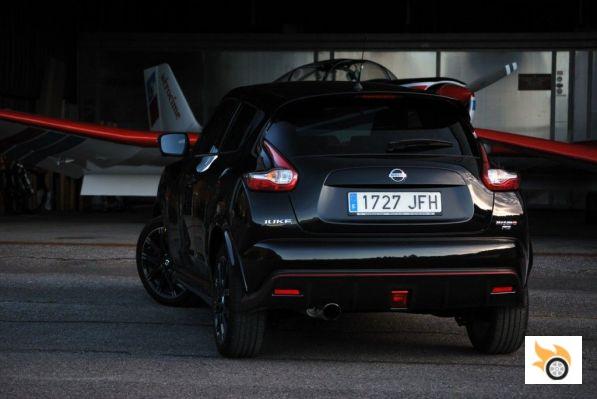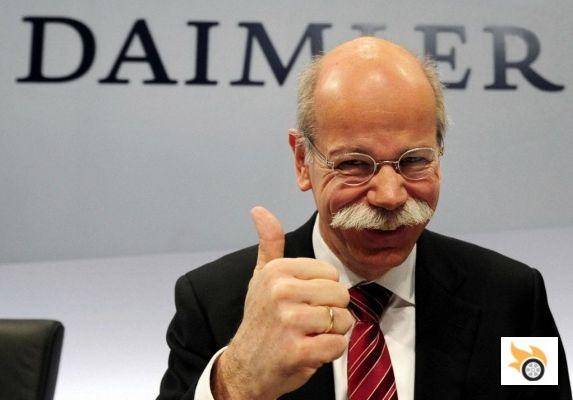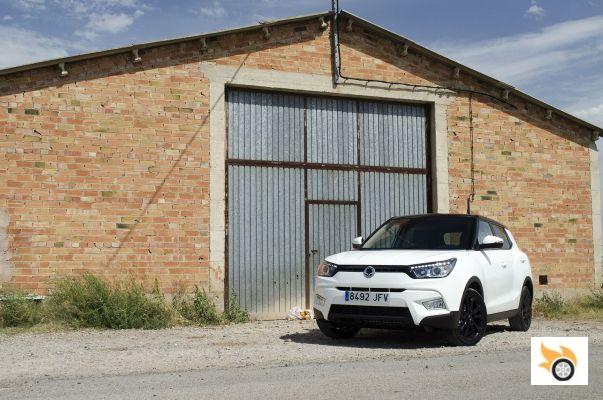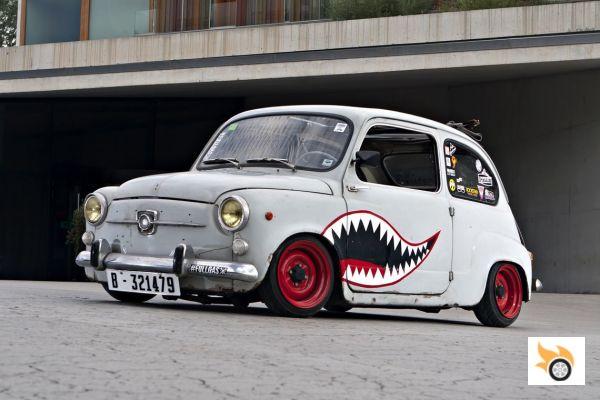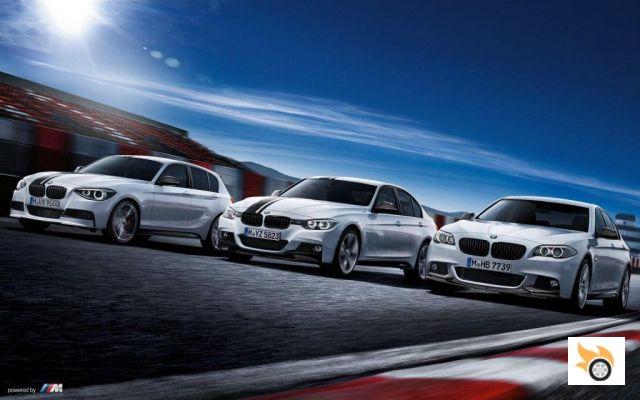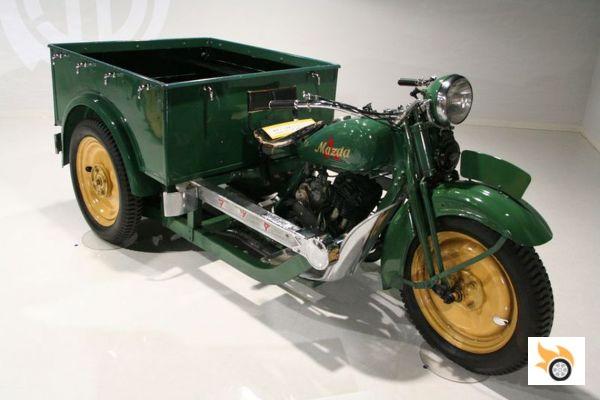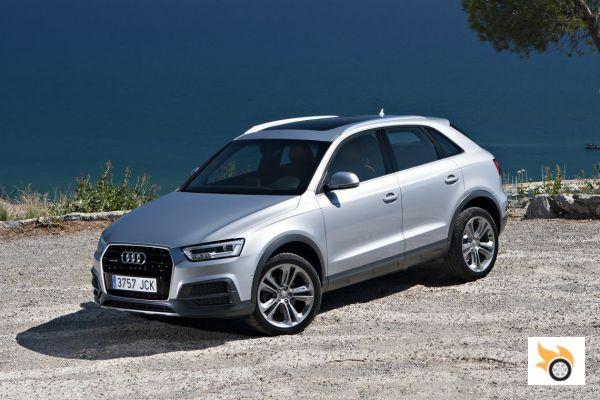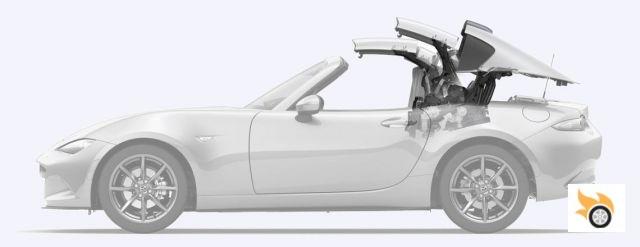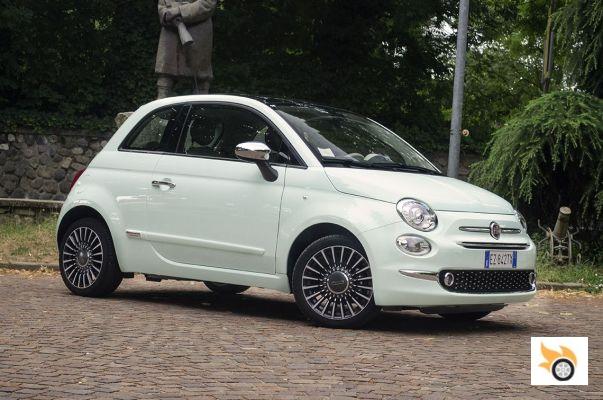First of all, the scandal of the falsified CO2 emissions and consumption homologated with cheating has not been that big a deal. First there was talk of some 800,000 units, and they are very many, but in the end the thing has remained at 36,000 (at least, for now). There have been few models, a total of nine different ones, and with homologation differences of 0.1-0.2 l/100 km. In other words, the company itself was too alarmist in an attempt to be transparent.
We can also see it as a common strategy in communication, which is to give a bad news, and then at the time a much milder one is given, so there is a positive effect, and the thing is softened. In the absence of other authoritative voices to disprove it, we have to believe what the company says. Only 36,000 cars? For the volume handled by Volkswagen AG, first European manufacturer (and by far), it's a nonsense.
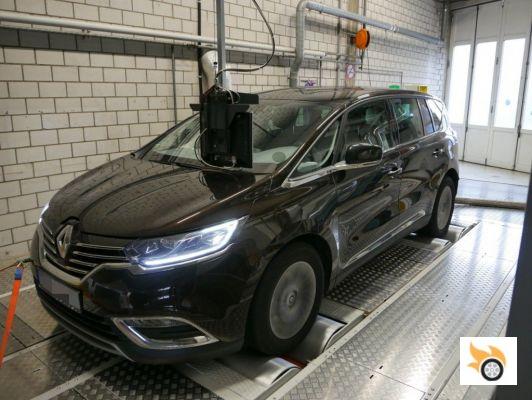
Secondly, the Kraftfahrt-Bundesamt (KBA) - or federal transport authority in Germany - has approved the technical solutions proposed for the common-rail TDI engines of the EA189 family. I am referring, of course, to that family of engines which, when they went outside the very specific conditions of the European Union's gas tests, emitted nitrogen oxides by the bucketful.
Right now, independent studies such as those carried out by Deutsche Umwelthilfe say that Volkswagen is far from the only manufacturer whose engines go wild emitting toxic gases when they are not in the exact conditions of the official test. So far the Opel Zafira Tourer 1.6 CDTI, Renault Espace 1.6 dCi and Mercedes-Benz C 200 CDI (Euro 5) are down. And more are sure to come. The KBA has to verify all that, and huy as it comes out the same ... For the moment the communication departments counterattack: they are not reliable tests, to know how they have been done, do not share them, blablabla ...
Fortunately for Volkswagen, they are not the only ones
Moreover, to the delight of the public, this unfortunate episode has made us aware that the little cauldrons that are now gladly refilled at 90 cents per litre are mainly responsible for the foul air that we breathe in big cities. According to European Parliament sources, this causes the direct death of more than 75,000 Europeans every year, far more people than are killed in road accidents.
The European industrial lobby will soon be facing the Real-World Driving Emissions (RDE) tests, the results of which will be published in 2016 as a guideline, and in 2017 officially. The manufacturers PSA Peugeot Citroën and General Motors have been the first to say that they are going to go ahead of the legal obligation and give realistic consumption.
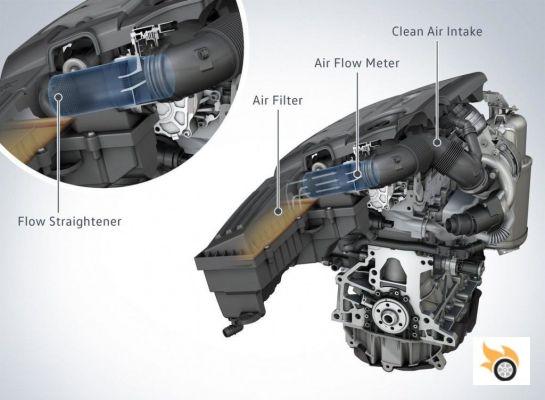
By taking the cars out of the laboratory, they will logically consume more and pollute more. A European Commission technical committee proposed raising NOx emission limits from 80 mg/km (Euro 6) to more than double that, 168 mg/km. The proposal has crashed against the European Parliament, which has stopped it, and in January may repeal it completely unless there is a simple majority. Not allowing diesels to pollute more, will make them disappear from the market in dozens from 2017. According to the manufacturers, consumers won't pay the price difference needed to make them all legal.
Returning to the Volkswagen issue, those 20,000 million euros that have been raised from 13 banks will cover all the costs of repairing the engines, face fines, penalties and some lawsuits. At the moment we do not know how far the rain of complaints can reach, but this is not the United States. If there were a class-action suit here, the knots in the ties would be far from the throats of the managers. And it remains to be seen what happens in that country, where "only" we are talking about half a million and some cars, all the tankers they have sold since 2008.
In Europe they are more than 10 million, but little by little, they will be "legalized". The 2.0 TDI CR will be fixed first, then the 1.2 TDI CR; a half hour reprogramming is enough. The 1.6 TDI CR, which apart from the "repro" need a filter in the intake, will start to be fixed during the summer, and it will take less than an hour. So, progressively, Volkswagen will be lowering the bad fumes. Just to dodge the crisis of CO2 approvals will stop palmarar 3,000 million euros, which is no small thing.
In more than one of the competitor's plants there is surely fear that the scandal will splash them too. An NGO called International Council on Clean Transportation (ICCT) is making a mess, and it was an accidental discovery.
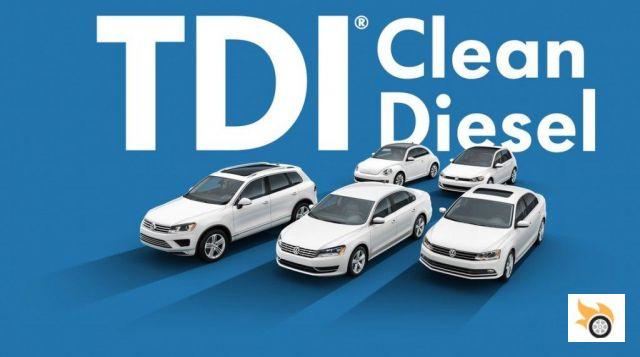
And right now Volkswagen's shares are not so bad, the second-hand market value of the VAG Group's cars is not exactly at the level of cheap imports from the 90s, no manager has been thrown from the top of the towers in Wolfsburg, nor is Raphael presenting himself again at the Eurovision Song Contest. I think the worst is over for the German giant, and if they go slowly and with a good note, they can recover from the media impact and the crisis.
After all, it has already happened. Today Toyota is the world's leading manufacturer, and its millions of hybrids are more talked about than the Pedalgate case or its quality problems. Ford, which avoided the bailout of 2008, is the technological leader and few remember -especially outside the US- the Ford Explorer with Firestone tires. General Motors was the protagonist in 2014 of the biggest recalls in the history of automobiles and it is another topic that is little talked about anymore.
According to the theory of the two phases of communication, by Lazarsfeld and company, the audience is not manipulable and has its own criteria, but tends to forget. And this will be forgotten too. Volkswagen, before all this, was already a big pusher for alternative technologies, and now if they give them a little push, they will make it profitable. After all, the Volkswagen Golf is still the only car on the market that can be bought with petrol, diesel, natural gas, electric or petrol/electric plug-in engines. And that goes back a long way.
The Germans will turn the tables on it, I'm sure.
Right now, according to the Financial Times, most of the analysts asked (33) opt to hold the stock, and the tendency to underweight (sell shares) is falling. The lowest share price reached 86.36 euros, and now they are at 130 euros. The stock bottomed on October 5th, two months have passed, and the chart points to a rebound. Anyone who wants to invest in Volkswagen is not being a kamikaze now.
Bad news remains to be heard, especially on the judicial and administrative front, but at the consumer level, a small hit at the sales level, and perhaps the 2018 goal of overtaking Toyota will not be met. The Japanese have already recovered from their catastrophes, the scandals in North America and the natural disasters in Asia. They are profitable and are going like a steamroller. Volkswagen will have to spend a lot of money to compensate for their lack of business ethics, but come on, they have not been the first, exactly. They're going to get out of this, they already survived the Second World War. That was a crusher.




